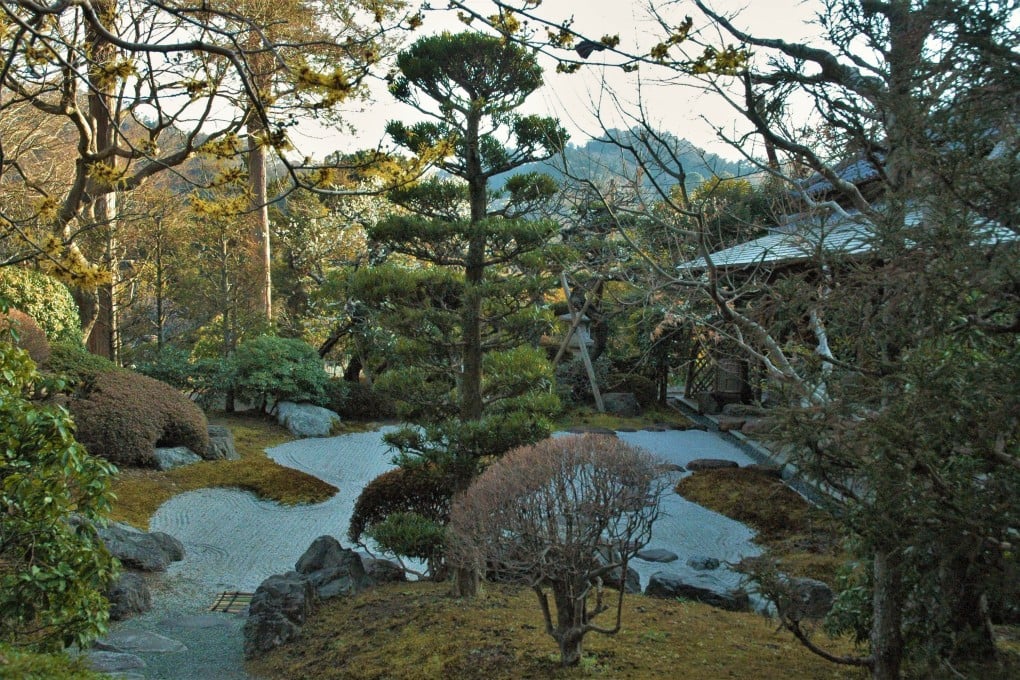The history of Zen, from its roots in Buddhism to how the ancient religion became a capitalist darling
- The popularity of all things Zen has been a boon for Japanese purveyors of pared-down goods, but has the essence of the Buddhist sect’s philosophy been debased?

Su Bong Zen Monastery, in the heart of Causeway Bay on Hong Kong Island, has noticed a rise in visitor numbers since the start of the Covid-19 pandemic.
“Zen is more important than ever as our world becomes more difficult,” says Minh Tran, a representative of the monastery. “Through Zen practice, we open our mind to attain truth, access wisdom and compassion, and find the correct human way to help all beings ease suffering.”
Su Bong Zen Monastery, a registered non-profit charitable organisation established in 1992, is a branch of the international Kwan Um School of Zen, which was founded by Zen Master Seung Sahn, the first Korean Zen master to live and teach in the United States.
Tran describes it as a place for practising Zen meditation and resting the mind. It also operates a retreat, located in a remote part of Lantau Island, and is open to all, regardless of age, religion or nationality.

“The school’s purpose is to make this practice of Zen Buddhism available to an ever-growing number of students throughout the world,” Tran says.
